Neuromancer; a review
A frantic, groundbreaking novel that was the foundation of cyberpunk media.

A frantic, groundbreaking novel that was the foundation of cyberpunk media.[1] It is also the irritant around which our modern techno-anxiety layers and forms.[2]
Despite parts of the novel aging poorly,[3] the existential fears of unchecked corporate power, individualism without purpose and the deterioration of the natural world are as thematic in the novel as they are to this day. Gibson offers no solutions, only a rollercoaster ride through the protagonist's rage against the machine.
You are dropped into this universe from the perspective of Case - an addict, computer hacker, and reluctant hero. The alternative Earth you land on is the natural result of the drug-fuelled '70s and '80s, combined with the increasing urban crime and the ability to disconnect from society through technology. The violent, grimy future sees the protagonist dragged through a technicolour world of robotic augmentation, sentient AI, and the replacement of nation-states with state-like corporations. I won't spoil the storyline, but if you let the ideas and technobabble wash over you as you read "Neuromancer," you'll be transported within its pages.
Gibson takes great liberty in creating a dazzling and chaotic universe, although it very much bears the hallmarks of a pulp fiction book turned into a cult classic. The sprawl of technology is gratuitous, and character development is so heavy-handed and trope-y[4] that if not for the delightfully enthralling concepts and lightning-paced storyline, the novel may have been condemned to the bottom of the bargain bin.
"Neuromancer" is a peek into a time capsule of our past worries and hopes for the future which entranced a generation. Our modern world can and should be judged against the unequal, oppressive, capitalist eco-desert of the Sprawl.
Along with "Blade Runner", "Akira" and the like. https://en.wikipedia.org/wiki/Cyberpunk. ↩︎
Think of it as a pearl forming around a foreign substance. ↩︎
Gibson, in the opening sentence, compares a rain-soaked atmosphere to the grey static that we haven't seen on televisions since the early 2000s. ↩︎
I guess much of this may be forgiven since this book was the foundation for many of these tropes. ↩︎





